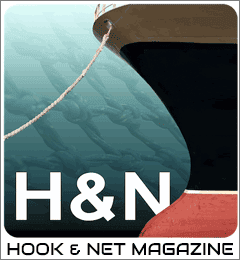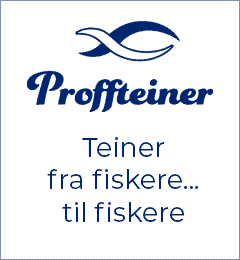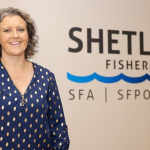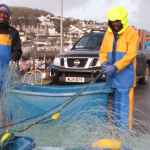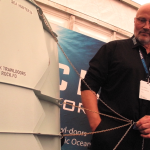With the commitment to support it from Canada and the UK, the Joint Analytical Cell (JAC) aims to further open up access to data, intelligence, training, and innovative AI-powered tools to end IUU fishing.
Canada and the UK made the announcement during the 78th session of the UN General Assembly of their commitment to support the Joint Analytical Cell, which provides authorities with the intelligence, analysis, and capacity building needed to combat IUU fishing activities.
Under the Shared Ocean Fund of Canada’s Indo-Pacific Strategy, Canada will partner with the JAC by investing CAD$6.5 million over five years to help fight IUU fishing. As part of a package of measures to drive forward international progress on tackling biodiversity loss in the ocean and on land, the UK Government has also announced £2.5 million to support the JAC.
‘Along with our partners at the IMCS Network, Global Fishing Watch, C4ADS and Skylight, we are very grateful for the support to the JAC that both countries have announced at the UN General Assembly last week. We now look forward to working with our partner countries to use this support to assist their efforts to effectively tackle IUU fishing in the African and Indo-Pacific regions,’ said TMT executive director Duncan Copeland.
These commitments not only solidify deeper international collaborations but also serve as a testament to the collective effort to safeguard our oceans. Costing States billions of dollars in lost revenue each year, IUU fishing pushes overexploited fish stocks toward collapse, causing untold damage, and perpetuates associated crimes, including human rights abuses.
‘It is impressive to see the leadership demonstrated by both Canada and the UK in the value they place in public-private partnerships by looking to the JAC as a trusted partner to work with to help fight IUU fishing. They certainly have set the standard in this regard and we look forward to working with them to demonstrate the value the JAC can add in supporting government efforts to end this type of illegal activity,’ said Mark Young, executive director of the IMCS Network.
Established in 2022, with a particular focus on supporting developing coastal states, the unique collaboration plays an important part in providing the direct support and training required to strengthen fisheries management. Funding for the establishment of the JAC was provided by philanthropic donors Oceans5, Bloomberg’s Vibrant Oceans Initiative and Oceankind.
‘As a collective, the JAC aims to serve as a hub for information sharing and operational support,’ said Ted Schmitt, senior director of Skylight.
‘It seeks to make sense of multiple technology offerings and present integrated solutions to generate fisheries intelligence and bolster monitoring, control and surveillance.’
‘The collaborative work of the Joint Analytical Cell represents a new model for fisheries analysis, monitoring and control—one that harnesses the power of partnership and draws down on complementary expertise,’ said Tony Long, chief executive officer of Global Fishing Watch.
‘The investments made by Canada and the United Kingdom will bring significant capacity to our partner countries, translating to real impact on the ground. We hope others will follow in their footsteps and recognize the value of transparency in equitable ocean governance.’



